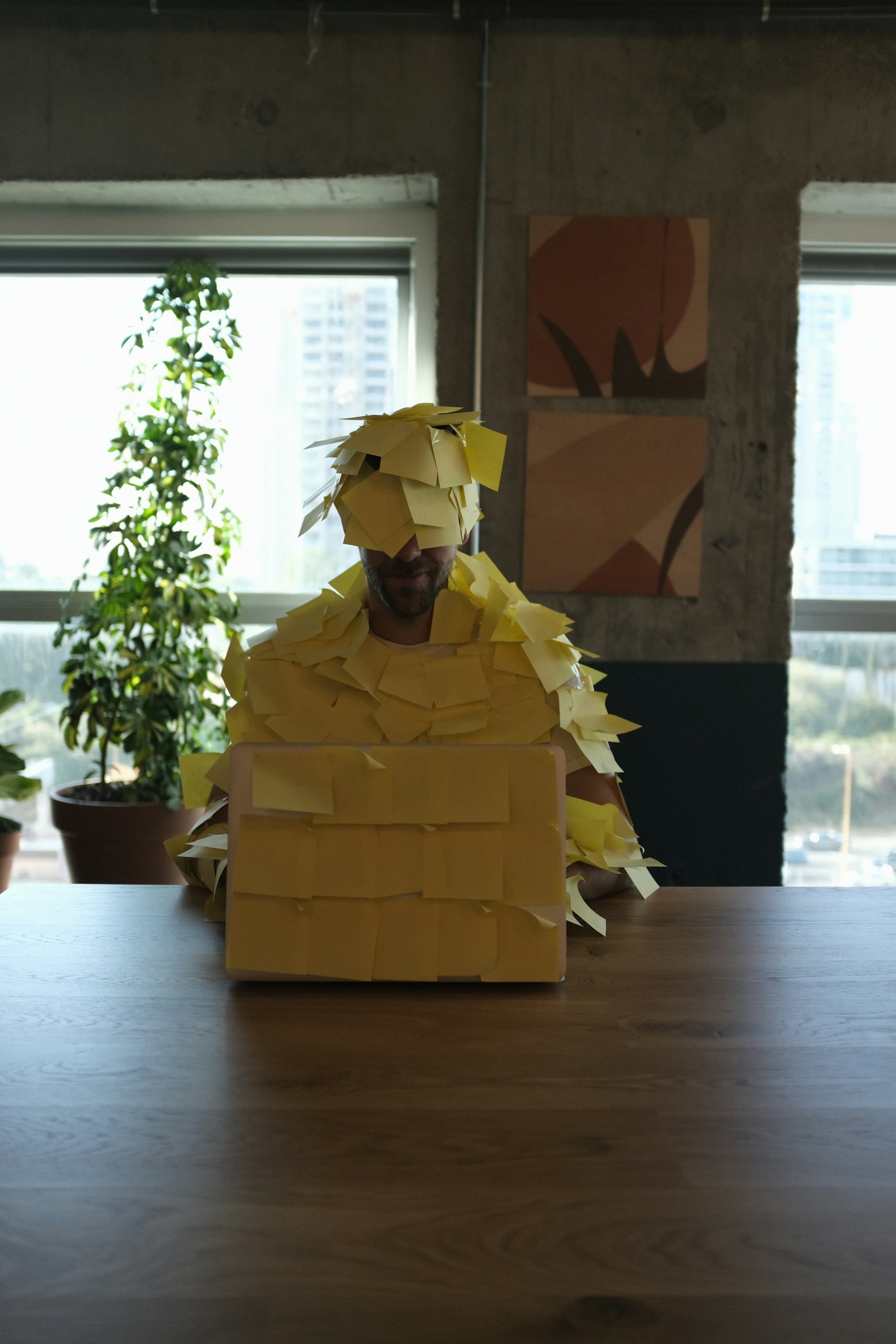Every one in a creative career has to do other work at some point. So why do we act like this is some kind of failure?
Sometimes you have to work. This is something that has stuck with me from the recent How I Make It Work interview with Stephen Mallinder.
Mallinder’s innovations with Cabaret Voltaire and continuing contribution to electronic music (via the likes of Wrangler and Creep Show) have proven to be hugely influential. He has played all over the world, received great critical acclaim and sold a significant amount of records. He is, by almost every criteria, a very successful musician and yet as you’ll see in the piece, he has nonetheless operated in a huge variety of (mostly enjoyable) roles in order to sustain himself throughout his three decades in the music industry.
Want to make sure you never miss a post?
Sign up to the Creative Money newsletter!
Let me read it first >
For those of us who earn the majority of our living from creative activities, it can be easy to think that engaging with ‘other work’ is a kind of failure. That if you do, you’ve somehow cocked it up – you had it and it got away. Hearing Stephen’s succinct point that “sometimes you have to work” was liberating, in this respect.
Thinking that you’re a ‘creative’ or nothing is, ironically, likely to hasten your permanent exit from a creative industry
Last week, DJ/presenter Shell Zenner discussed how important it is to diversify and to have multiple skillsets. The longer you want to sustain yourself in the creative industries, the more important this becomes. Likewise, it’s perhaps equally important to accept that there will be times when things are off-the-boil with your ‘main’ activity and you might just want, or need, to try something different.
The binary thinking that you’re a ‘creative’ or nothing is, ironically, likely to hasten your permanent exit from a creative industry – either due to the financial pressures of operating solely on the ‘starving artist’ axis, or because doing the same work becomes so unsatisfying that you become disillusioned with the whole thing.
Primary path
Mallinder talks instead about dedication to a ‘primary path’ – from which you will periodically meander and return. He discusses this in terms of making music, but it could be any creative practice that you consider your ‘core’ activity. Our conversation made me realise that the longer you are in an industry, the more likely it is that you will diverge from that primary path and that at some point this becomes not just acceptable, but entirely necessary.
Inspiration and opportunities tend to come in waves – bills do not…

You need to learn new things, to question what you do and push yourself in order to develop your creative practice. Otherwise, it just gets stale. Doing different work, whether developing a new skillset in your existing industry, taking a role outside of it, or doing something like teaching, can therefore be really beneficial not just to your finances, but also to the way you think about your ‘primary path’.
Sometimes you will have to do certain jobs simply to keep the lights on – and they won’t always feel beneficial. Inspiration and opportunities tend to come in waves, after all – bills do not. What matters is understanding that you can, and likely will, come back to that primary path – that there are multiple ways to be creative and to make that your life. Sometimes you will have to ‘work’ then, but that is no failure.
Short Cuts is Creative Money’s series of quick tips, tricks and thoughts about saving or making money in the creative industries.

How can we help you?
What issues are you facing? What questions do you have about managing your money in the creative industries? What would be most helpful to you?
We don’t have all the answers, but maybe we can find someone that does.
